Anise Oil – 10ml
EGP165.00
- Regulates Blood Sugar: Anise oil could help manage your blood sugar. Anise seed contains a compound called Anethole, which helps to prevent high blood sugar by modifying the activity of some key enzymes involved in carbohydrate metabolism.
- Blocks the Growth of Fungus and Bacteria: Anise oil has been shown to have powerful antifungal properties that could aid in the treatment of fungal infections like athlete’s footor ringworm. In particular, anise was especially effective against yeast and dermatophytes, a type of fungus responsible for many types of skin disease. Anise oil were able to effectively inhibit the growth of certain types of fungus. Anethole, one of the active compounds found in anise oil, has also been shown to reduce the growth of bacteria.
- Eases Menopause Symptoms: Menopause is a condition caused by a natural decline in hormones as women get older. Common symptoms include hot flashes, vaginal dryness, mood swings and sleep disturbances. Anise seed has been shown to help relieve menopause symptoms.
- May Help Treat Depression: Anise seed may be helpful in reducing symptoms of depression. Especially in people with irritable bowel syndrome (IBS), Post-partum depression and indigestion.
- Could Protect Against Stomach Ulcers: Some evidence showed that anise may help protect against the formation of painful stomach sores.
- Nutritional Effect: Anise seed is a nutritional powerhouse when it comes to your health. Even a small amount of anise seed can help add a boost of extra nutrients to your day, including iron, manganese and calcium. In addition to the above nutrients, anise seed also contains a small amount of zinc, vitamin B6 and vitamin C.
- Can Reduce Inflammation: Anise seed is high in antioxidants and can reduce inflammation to help prevent chronic disease.


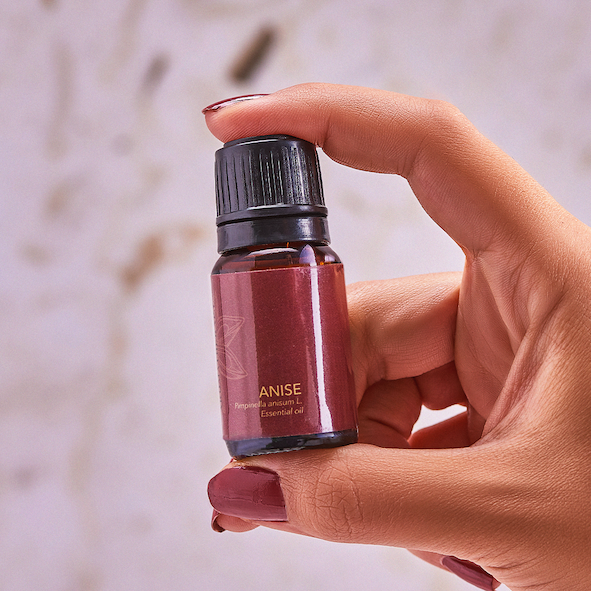
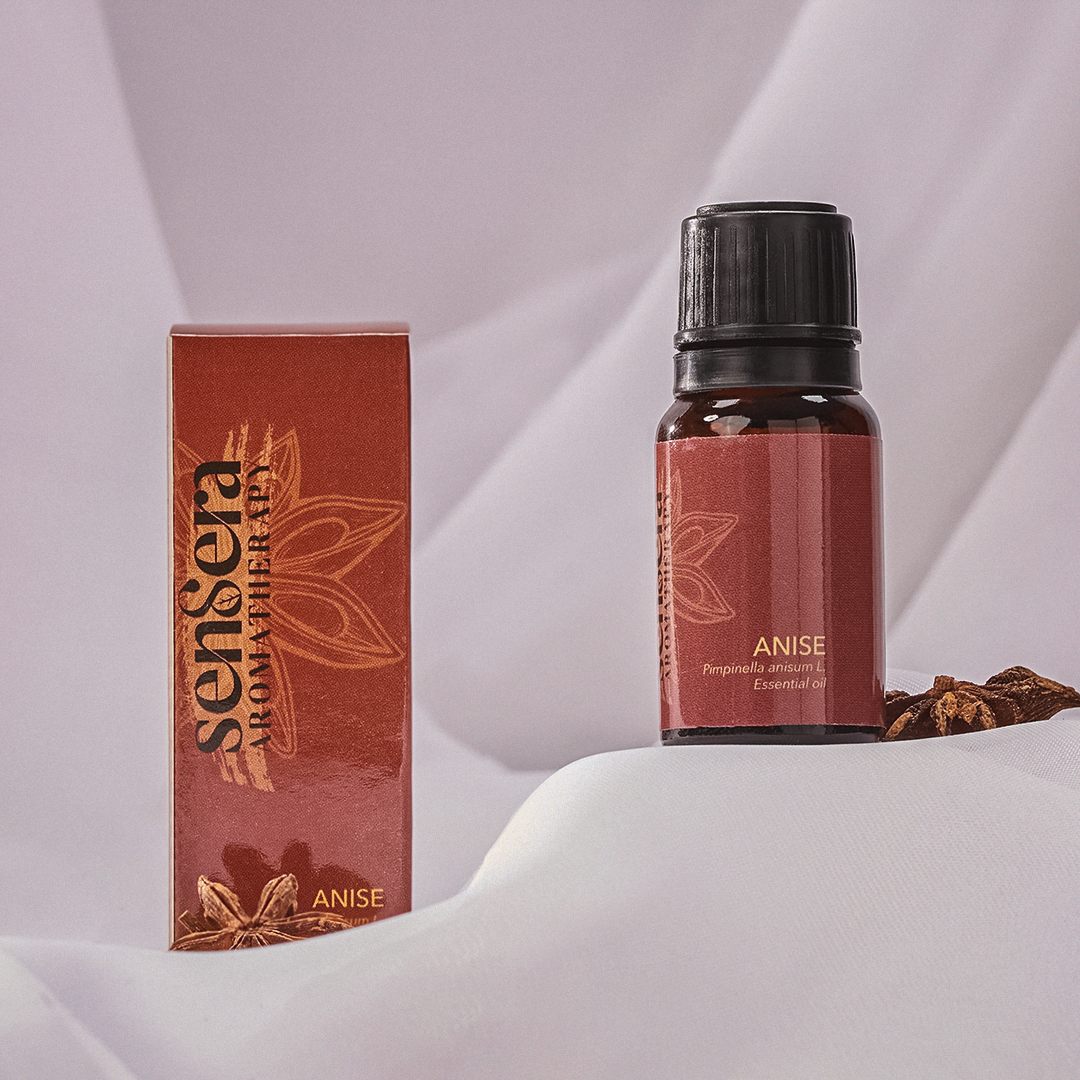
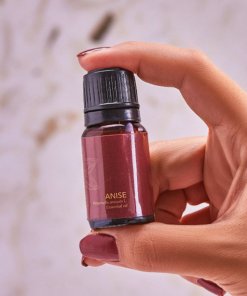
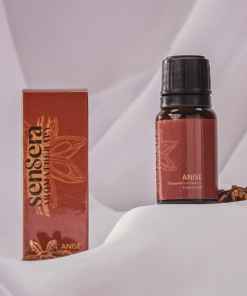
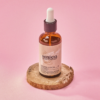
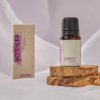
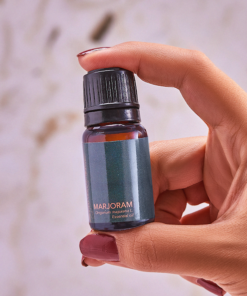
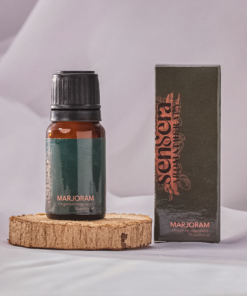
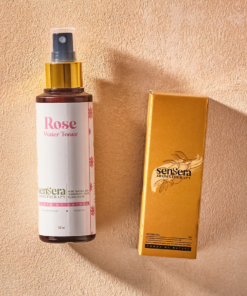
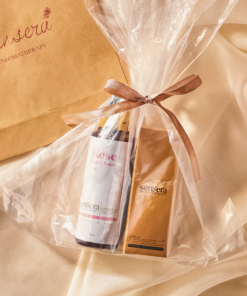
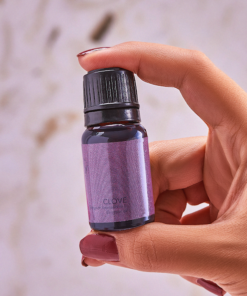
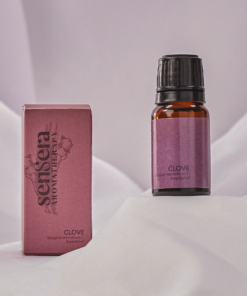
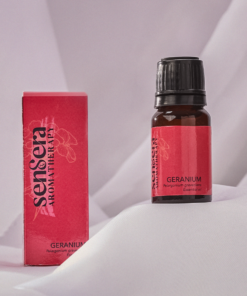
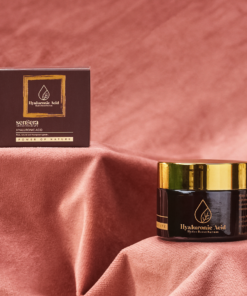
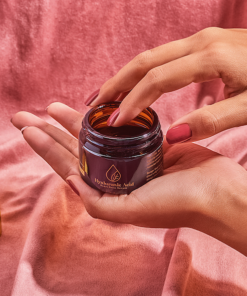
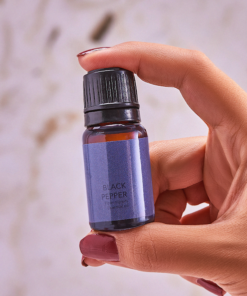
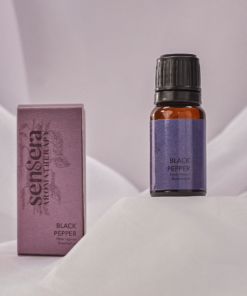
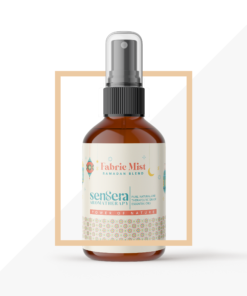
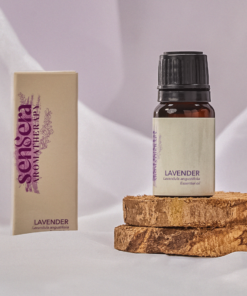
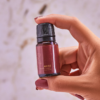
Reviews
There are no reviews yet.